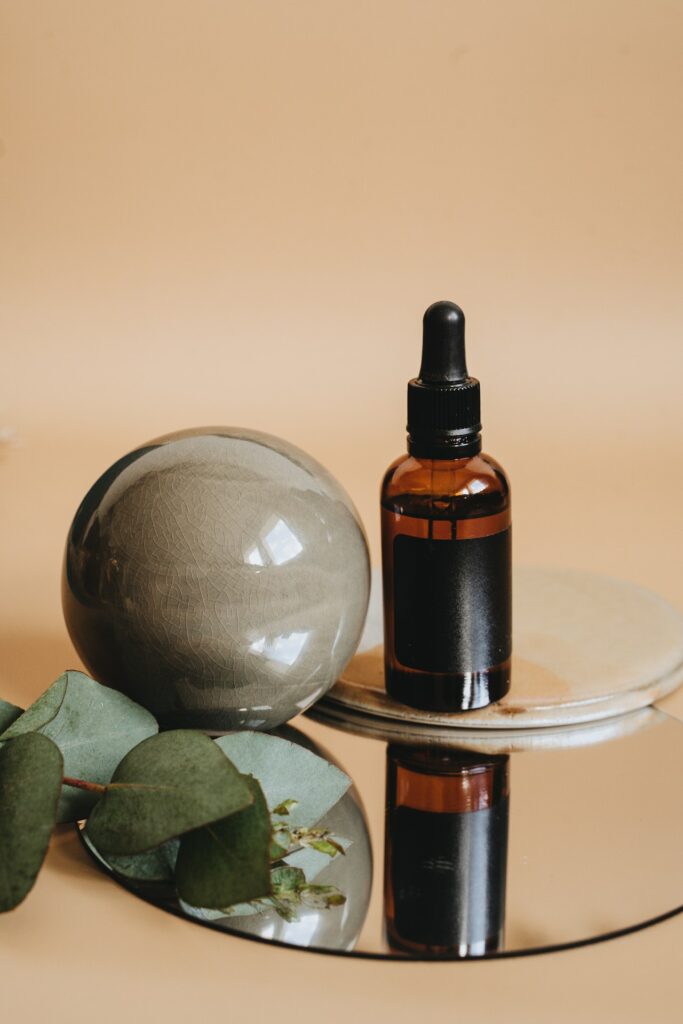Health And Fitness, Weight Loss
Health Benefits of Black Seed Oil Nigella sativa
Health Benefits of Black Seed Oil Nigella Sativa, Black caraway also Known as Black Cumin
Nigella sativa, also known as black cumin or black seeds, is a medicinal herb native to the eastern Mediterranean, northern Africa, southwest Asia, & the Indian subcontinent
- Allergies
- Inflammation
- Asthma
- Headaches
- High Cholesterol
- Autoimmune Disorders
- Digestive disorders
- Boosting the immune system
- high blood pressure
- Diabetes
- Reducing inflammation
- Fighting infections
- Metabolic Syndrome
- Dry hair
- Psoriasis
- back pain
- headaches
- Hair growth
- Dry skin
Black seed is a good source of:
- Calcium
- Iron
- Zinc
- Copper
- Thiamin
- Niacin
- Phosphorous
- Folic Acid
Anti-Inflammatory Effects
Black seed has been proven to reduce inflammation and relax smooth muscles, easing the symptoms of people with asthma in clinical studies.
Combined with its antioxidant properties, these effects help prevent gastrointestinal disorders and relieve related symptoms.
Black seed may even help with neuroinflammation, or inflammation of brain tissue, which may contribute to developing diseases like Alzheimer’s and Parkinson’s. So far, research has only been done on animals, so more studies are needed to confirm this potential benefit in humans.
Lower Blood Pressure and Cholesterol
Initial research has found that black seeds may help lower blood pressure in healthy people.
It also lowers cholesterol. Women who combined black seed supplements with a low-calorie diet lowered their cholesterol more than women who didn’t take the supplements.
Lower Blood Sugar
People with type 2 diabetes who take black seed supplements have shown lower blood sugar levels, putting them at less risk for future diabetes-related complications.
Metabolic Disorders and Weight Loss Support
As a supplement, black seed oil could help combat obesity and metabolic disorders. Recent studies have suggested that its use as a supplement may reduce body weight and BMI, but more research is needed.
May reduce acne
Some research shows that black seed oil could be beneficial for skin conditions, such as acne.
This may be due to the antimicrobial and anti-inflammatory properties associated with black seed oil.
According to one review article, when people applied a lotion made with black seed oil to a skin area with acne, they had significantly fewer acne lesions after 2 months.
Similarly, one study of 60 people had participants apply a topical gel made with black seed oil to the skin twice daily for 60 days.
Those who did this treatment had a 78% reduction in acne severity along with a significant improvement in the number of acne lesions compared with a control group
Could help treat psoriasis
Interestingly, some studies have found that black seed oil could aid in the treatment of psoriasis, a chronic inflammatory condition characterized by scaly red patches on the skin (5Trusted Source).
One animal study found that applying black seed oil to the skin decreased inflammation and reduced symptoms of psoriasis in rats (6Trusted Source).
There’s not much research currently available about the effects of black seed oil on psoriasis in people.
However, one small study of 12 people evaluated the effects of an herbal cream containing black seed oil, along with other ingredients, like olive oil, tea tree oil, cocoa butter, and vitamins A and B12 (7Trusted SourceTrusted Source).
Rheumatoid Arthritis
According to a small study published in Immunological Investigations in 2016, black seed oil may help manage rheumatoid arthritis.
In this randomized, double-blinded placebo-controlled study, 43 women with mild-to-moderate RA took black seed oil capsules or a placebo every day for one month. Compared to the placebo group, those who used black seed oil reported reductions in:
- Arthritis symptoms (as assessed by a clinical rating scale)
- Blood levels of inflammatory markers
- The number of swollen joints
Allergies & Nasal Inflammation
Black seed oil shows promise for treating allergies. For instance, in a 2011 clinical trial with 66 people published in the American Journal of Otolaryngology, when participants used black seed oil for two weeks, it reduced nasal symptoms including:
- Sneezing
- Itchy nose
- Runny nose
- Nasal congestion

